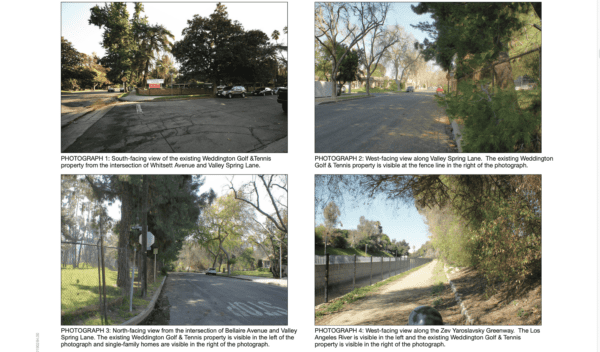By Robin Urevich, Capital & Main, and Gabriel Sandoval, ProPublica
This story was originally published by ProPublica. ProPublica is a Pulitzer Prize-winning investigative newsroom. Sign up for The Big Story newsletter to receive stories like this one in your inbox.
The Los Angeles Housing Department said Tuesday that it will “immediately” investigate whether some residential hotels, which are required by city law to be reserved for low-cost housing, are instead renting rooms to tourists.
The city’s action came just one day after Capital & Main and ProPublica revealed that 21 residential hotels were advertising on travel websites and that the Housing Department had failed to stop their owners from turning housing units into hotel rooms.
Department spokesperson Sharon Sandow said in a statement that over the next six to seven weeks “the Housing Department will investigate all 21 of the hotels identified in the article and will, where warranted, issue citations and make appropriate referrals to the City Attorney’s office.” The department will also review its enforcement efforts, she said.
The mayor’s office requested the Housing Department conduct the investigation, said Zach Seidl, a spokesperson for LA Mayor Karen Bass. “We are asking for a report back on all 21 properties in 45 days,” Seidl said. “In addition, we are asking for a report on how this happened and recommendations for ensuring this does not happen again.” The mayor’s office did not answer questions emailed to its staff ahead of the initial story.
In LA, residential hotels are supposed to provide housing of last resort for the city’s poorest people. The hotels consist of small basic rooms — some with shared bathrooms — and are sometimes the only housing that many elderly, disabled and low-income workers can afford.
Under a 2008 law, these hotels must remain residential, unless their owners either build replacements for the housing units they take off the market or pay into a city housing fund. The city has a list of about 300 residential hotels, defined as a building of six or more units that are the primary residences of their guests.
Capital & Main and ProPublica identified 21 residential hotels, with more than 800 dwelling units, that have marketed short-term rentals on their websites and on travel sites like Expedia and Booking.com. Because the city hasn’t tracked these conversions, the news organizations combed through the ads along with Housing Department inspection and enforcement records provided under public records requests.
It’s possible that other residential hotels might be offering nightly rentals as well. Seidl said the Housing Department’s report “will tell us how they are going to address all properties and next steps.”
“I think that is excellent news that the city will finally take seriously the place for residential hotel units within the whole ecosystem of permanent housing affordable to very low income tenants,” said Barbara Schultz, director of housing justice at the Legal Aid Foundation of Los Angeles.
Several of the hotels’ appeals to business and leisure travelers are hard to miss. The H Hotel in LA’s Koreatown welcomes guests with a grand piano in the lobby and offers champagne in its lounge. At the Arts District’s American Hotel — the former home of the legendary music venue Al’s Bar — guests can regularly be spotted rolling luggage to the front door. Hometel Suites’ website points to the hotel’s “luxury features and touches,” and a large banner on its facade bears the message “Book your stay today.” All three are designated as residential hotels, but none have been cited for violations of the law.
Asked about the city’s plan to investigate his hotel, Mark Verge, the owner of the American, said: “Whatever’s fair — I think that’s the key.” He noted that he’s been paying the city’s hotel tax for years and previously said he has openly advertised the American as a tourist hotel. If his hotel is found in violation following the city’s investigation, he said, “We’ll work it out.”
Hometel’s general manager Becky Hong said in an email, “We don’t have a plan to return for residential use.” The owner of the H didn’t respond to phone messages or emails requesting comment. The H’s operations manager said last month that he didn’t know if the hotel was violating the law but noted that the hotel’s management had asked the city to remove its residential designation.
City housing inspectors have cited only four of the 21 hotels under the 2008 law. Some hotels thwarted city enforcement by barring inspectors from entering their properties without administrative warrants, yet Housing Department records show inspectors didn’t obtain such warrants.
In interviews, LA housing officials had attributed the lack of enforcement in part to limited staffing. However, the Housing Department said that over the next four months it “will evaluate the resources needed to continue this important inspection and monitoring work, and will review its processes to determine where more capacity is needed to effectively enforce this ordinance.”
ProPublica is a Pulitzer Prize-winning investigative newsroom. Sign up for The Big Story newsletter to receive stories like this one in your inbox. Republished with Creative Commons License (CC BY-NC-ND 3.0).







